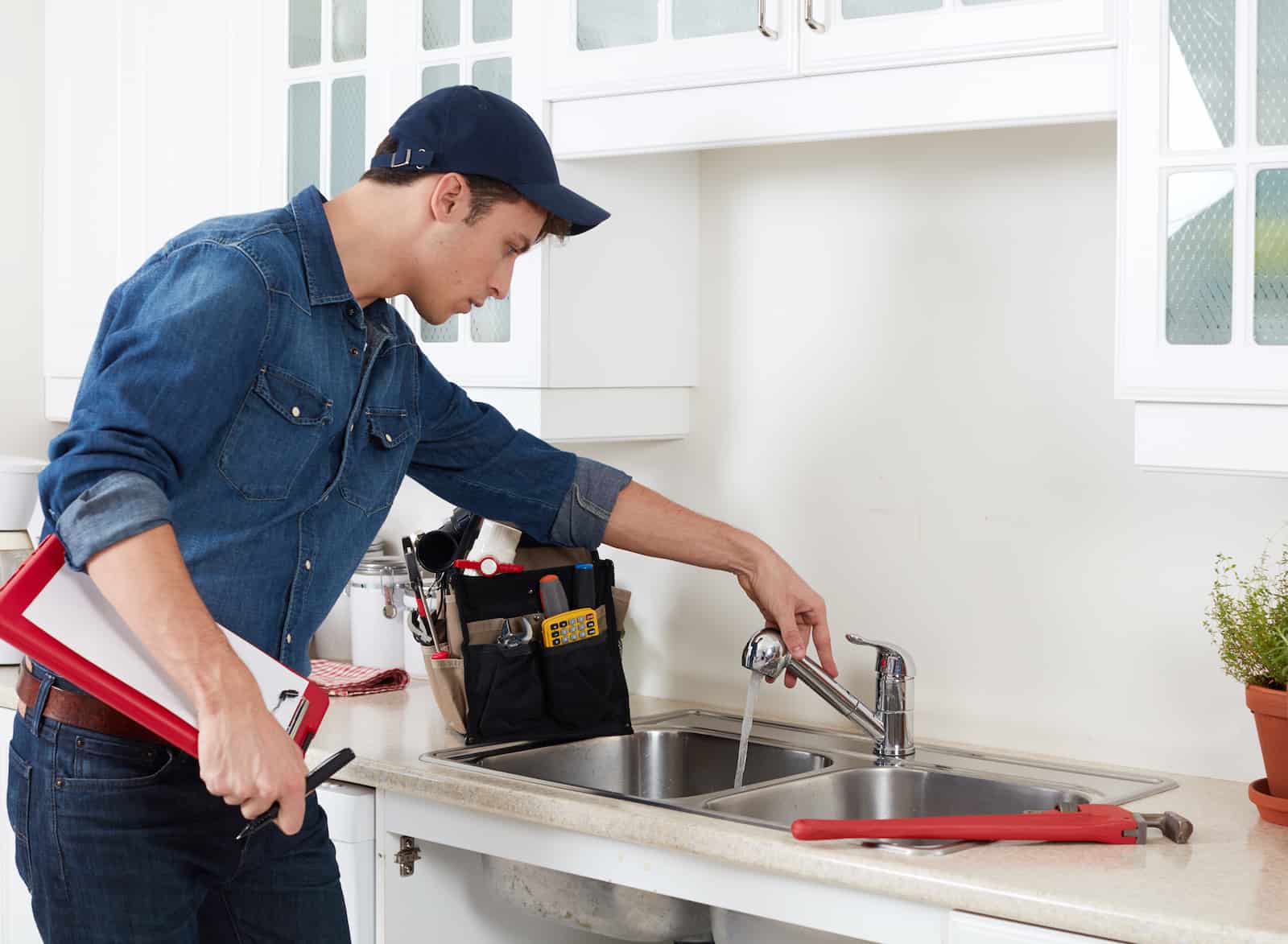

Articles
How Much Does A Plumbing Inspector Make
Modified: January 24, 2024
Discover the average salary of a plumbing inspector and explore related articles on how to become one, job requirements, and career prospects.
(Many of the links in this article redirect to a specific reviewed product. Your purchase of these products through affiliate links helps to generate commission for Storables.com, at no extra cost. Learn more)
Introduction
Plumbing inspectors play a crucial role in ensuring the safety and functionality of plumbing systems. From residential buildings to commercial establishments, plumbing inspectors are responsible for assessing and evaluating plumbing installations to ensure they meet the required standards and codes. In addition to ensuring the safety of buildings, plumbing inspectors also contribute to environmental conservation by promoting efficient water usage and preventing leaks or other plumbing-related issues.
In this article, we will explore the job responsibilities, education and certification requirements, experience and skills, salary range, factors affecting salary, and the job outlook of plumbing inspectors. Whether you are considering a career in plumbing inspection or simply want to understand more about this profession, this article will provide you with valuable insights.
Key Takeaways:
- Plumbing inspectors play a vital role in upholding safety and compliance in plumbing systems, contributing to the well-being of building occupants and the integrity of infrastructure.
- With a positive job outlook and opportunities for career growth, plumbing inspection offers a rewarding and in-demand profession for individuals with the right education, certifications, and experience.
Read more: How Much Does A Plumbing Business Owner Make
Job Responsibilities
Plumbing inspectors have a wide range of responsibilities that revolve around ensuring the safety, functionality, and compliance of plumbing systems. These responsibilities may vary depending on the local regulations and the type of building being inspected; however, some common job responsibilities of plumbing inspectors include:
- Conducting inspections of plumbing installations in residential, commercial, and industrial buildings to ensure compliance with building codes, regulations, and safety standards.
- Evaluating the installation and functionality of plumbing fixtures, such as pipes, drains, faucets, toilets, and water heaters, to ensure they meet the required standards.
- Checking the proper installation of backflow prevention devices to prevent the contamination of potable water sources.
- Reviewing plumbing plans and blueprints to ensure they comply with regulations and include necessary safety features.
- Identifying and addressing any potential plumbing hazards or code violations, and issuing corrective measures or recommendations to ensure compliance.
- Inspecting and testing the pressure and flow rates of water systems to ensure they meet the necessary standards.
- Conducting inspections during different stages of construction or renovation projects to ensure plumbing installations are being carried out correctly.
- Preparing detailed reports of inspections, including findings, recommendations, and any necessary repairs or improvements.
- Providing guidance and information to property owners, contractors, or other stakeholders regarding plumbing code requirements and regulations.
- Keeping up-to-date with the latest plumbing codes, regulations, and industry trends to ensure effective and accurate inspections.
These responsibilities highlight the crucial role that plumbing inspectors play in upholding the safety, functionality, and compliance of plumbing systems in various types of buildings. By diligently carrying out their responsibilities, plumbing inspectors contribute to the well-being and comfort of building occupants, as well as the overall integrity of plumbing infrastructure.
Education and Certification Requirements
Becoming a plumbing inspector typically requires a combination of education, training, and certification. The specific requirements can vary depending on the jurisdiction and employer. However, here are some general guidelines for the education and certification requirements for plumbing inspectors:
Education: Most plumbing inspection positions require a high school diploma or equivalent. However, some employers may prefer candidates who have completed post-secondary education in a related field, such as plumbing or construction management. A solid educational foundation provides a comprehensive understanding of plumbing systems and regulations.
Certification: Many jurisdictions require plumbing inspectors to obtain certification. The specific certification requirements can vary, but they typically involve passing an examination that assesses knowledge of plumbing codes, regulations, and inspection techniques. Certifications are often offered by professional associations or licensing bodies specific to the plumbing industry. Some common certifications for plumbing inspectors include Certified Plumbing Inspector (CPI), International Plumbing Code (IPC) Certification, and National Standard Plumbing Code (NSPC) Certification.
Experience: While not always a requirement, previous experience in the plumbing industry can be advantageous when pursuing a career in plumbing inspection. Familiarity with plumbing installations, construction processes, and relevant codes and standards can provide a solid foundation for performing inspections effectively. Many plumbing inspectors start their careers as plumbers, pipefitters, or journeyworkers before transitioning into inspection roles.
Continuing Education: Given the evolving nature of plumbing codes and regulations, ongoing education and professional development are essential for plumbing inspectors to stay updated and maintain their certifications. Attending seminars, workshops, and industry conferences can help inspectors stay current with the latest changes in plumbing codes and practices. Additionally, completing continuing education courses demonstrates a commitment to professional growth and can enhance career prospects.
It’s important to research the specific requirements of the jurisdiction where you intend to work to ensure compliance with their education and certification prerequisites. Additionally, consider joining professional organizations, such as the International Association of Plumbing and Mechanical Officials (IAPMO) or the International Code Council (ICC), as they provide valuable resources, networking opportunities, and support for plumbing inspectors.
By fulfilling the education and certification requirements, aspiring plumbing inspectors can acquire the necessary knowledge and skills to excel in their roles and contribute to maintaining plumbing systems’ safety and compliance.
Experience and Skills
Experience and skills play a crucial role in the success of plumbing inspectors. While formal education and certification provide the foundation, practical experience and specific skills are essential for effectively carrying out inspections and ensuring plumbing systems’ safety and compliance. Here are some key aspects of experience and skills for plumbing inspectors:
Industry Knowledge: Plumbing inspectors should have a comprehensive understanding of plumbing systems, including the installation, maintenance, and repair of various components. They should be familiar with plumbing codes, regulations, and industry best practices to evaluate compliance during inspections. Keeping up-to-date with the latest advancements and changes in the plumbing industry is crucial for maintaining expertise in the field.
Technical Skills: Plumbing inspectors must have strong technical skills to evaluate the functionality and safety of plumbing systems. This includes the ability to interpret blueprints, drawings, and specifications to ensure proper installation and adherence to regulations. They should be proficient in using a variety of tools and equipment, such as pressure gauges, leak detectors, and plumbing diagnostic devices, to assess the performance of plumbing fixtures and systems.
Attention to Detail: Inspecting plumbing systems requires a keen eye for detail. Plumbing inspectors must be able to identify potential issues or hazards, such as leaks, inadequate ventilation, improper drainage, or backflow risks. They should meticulously assess all aspects of plumbing installations, ensuring compliance with codes and regulations and identifying any necessary corrections or improvements.
Analytical and Problem-Solving Abilities: Plumbing inspectors encounter a range of complex situations and problems during their inspections. They need strong analytical and problem-solving skills to assess the root cause of issues, determine appropriate corrective measures, and ensure compliance with regulations. The ability to think critically and make sound judgments is crucial in this role.
Communication Skills: Effective communication is vital for plumbing inspectors to convey inspection findings, recommendations, and code requirements to clients, contractors, and other stakeholders. Inspectors must have excellent verbal and written communication skills to provide clear and understandable explanations of technical concepts and collaborate with different individuals involved in the construction or maintenance process.
Organizational Skills: Plumbing inspections involve managing schedules, documentation, and multiple projects simultaneously. Strong organizational skills are essential to ensure inspections are conducted efficiently and reports are completed accurately and on time.
Customer Service: Plumbing inspectors often interact with property owners, contractors, and other individuals who may have questions or concerns. Providing excellent customer service by being approachable, responsive, and helpful is an important aspect of the job.
Having a combination of experience and skills allows plumbing inspectors to carry out inspections effectively, provide accurate assessments, and offer valuable guidance to ensure the safety and compliance of plumbing systems.
Plumbing inspectors’ salaries can vary based on location, experience, and employer. On average, they can make between $50,000 to $80,000 per year. It’s important to research the specific requirements and salary expectations in your area.
Salary Range
The salary range for plumbing inspectors can vary depending on factors such as location, years of experience, level of certification, and employer. According to national salary data, the average annual salary for plumbing inspectors falls within the range of $50,000 to $85,000. However, it’s important to note that individual salaries may be higher or lower than the average based on various factors.
Location plays a significant role in determining salaries for plumbing inspectors. In areas with higher costs of living or higher demand for qualified inspectors, salaries tend to be higher. Metropolitan areas or regions with substantial construction and development activities often offer higher compensation for experienced plumbing inspectors.
Experience level also impacts salary. As inspectors gain more experience in the field, they often have opportunities for advancement and higher-paying positions. Senior or lead plumbing inspectors who have extensive experience and specialized expertise may earn salaries at the higher end of the range.
Certification can also influence salary levels. Obtaining additional certifications or achieving higher-level certifications can open doors to higher-paying positions. Employers may offer increased compensation for inspectors who hold certifications that demonstrate their advanced knowledge and skills.
Government agencies, such as municipal or state inspection departments, often have defined salary scales for plumbing inspectors. These scales can be based on years of experience, certifications, and job responsibilities. Employment with government agencies may offer stability, comprehensive benefits packages, and predictable salary structures.
Private sector employment, such as working for construction firms, engineering firms, or insurance companies, can vary in terms of salary and compensation packages. Some private sector employers may offer higher salaries to attract experienced and qualified plumbing inspectors, while others may provide additional benefits or bonuses as part of the overall compensation package.
It is important for plumbing inspectors to keep in mind that salary ranges are not set in stone and can vary from one employer to another. Negotiation skills and a track record of exceptional performance can sometimes lead to higher starting salaries or salary increases.
Overall, while the salary range for plumbing inspectors can vary, it is generally a financially rewarding career with opportunities for growth and advancement.
Read more: How Do Home Inspectors Check Plumbing
Factors Affecting Salary
Several factors can influence the salary of plumbing inspectors. Understanding these factors can help individuals in this profession negotiate better compensation packages and plan their career development. Here are some key factors that can affect the salary of plumbing inspectors:
Experience and Expertise: The level of experience and expertise a plumbing inspector possesses is a significant factor in determining their salary. With more years of experience and a demonstrated track record of successful inspections, inspectors can command higher salaries. Additionally, specialized knowledge or certifications in areas such as fire protection systems, green building practices, or commercial plumbing systems can contribute to higher earning potentials.
Certifications and Licenses: Holding relevant certifications and licenses can have a direct impact on salary. Plumbing inspectors who have obtained industry-recognized certifications, such as the Certified Plumbing Inspector (CPI) or the International Plumbing Code (IPC) Certification, may be eligible for higher salaries. Additionally, holding a plumbing contractor license or other related licenses can also contribute to increased earning potential.
Location: The geographical location of the job can significantly affect salary levels for plumbing inspectors. Cities or regions with a higher cost of living or high demand for skilled inspectors may offer higher salaries to attract and retain qualified professionals. Rural areas or regions with fewer plumbing inspection needs may have lower salary ranges.
Employer Type: The type of employer can also impact salary. Government agencies, such as municipal or state inspection departments, generally offer competitive salary structures and comprehensive benefits packages. Private sector employers may differ in terms of salary ranges depending on the organization’s size, industry, and the complexity of the projects or properties being inspected.
Education and Training: Higher levels of education or specialized training can contribute to better salary prospects for plumbing inspectors. Advanced degrees in fields such as civil engineering, construction management, or plumbing technology can provide individuals with a competitive edge in the job market and potentially lead to higher-paying positions.
Market Demand: The demand for skilled plumbing inspectors in a particular area can also impact salaries. If there is a shortage of qualified inspectors in a specific region, salaries may be higher due to increased competition among employers for skilled professionals.
Economic Conditions: Economic factors, such as the overall health of the construction industry and the real estate market, can influence salary levels for plumbing inspectors. During periods of robust construction activity and high demand for building inspections, salaries may be higher. Conversely, during economic downturns or slowdowns in construction, salaries may be affected.
It’s important for plumbing inspectors to consider these factors when negotiating their salaries or planning their career growth. Continuing education, obtaining industry certifications, and gaining experience in specialized areas can help professionals increase their earning potential within the field.
Job Outlook
The job outlook for plumbing inspectors is generally positive, with steady demand expected in the coming years. As infrastructure continues to age and building codes become more stringent, the need for qualified plumbing inspectors to ensure compliance and safety remains essential. Here are some key factors contributing to the positive job outlook:
Construction and Renovation Activity: The construction and renovation industry plays a significant role in the demand for plumbing inspectors. As new buildings are constructed and existing structures undergo renovations, inspections are necessary to ensure that plumbing systems meet code requirements. Ongoing construction and development activities contribute to a consistent need for plumbing inspection services.
Building Codes and Regulations: Updated building codes and regulations drive the demand for plumbing inspectors. As codes evolve to address safety, efficiency, and environmental concerns, plumbing inspections become even more critical. Plumbing inspectors play a pivotal role in enforcing these regulations, ensuring that plumbing systems are installed correctly and meet the required standards.
Growing Emphasis on Sustainability: With a greater emphasis on sustainable practices and environmental conservation, plumbing inspectors are increasingly tasked with evaluating the efficiency and eco-friendliness of plumbing systems. Inspections may include assessments of water conservation measures, rainwater harvesting systems, and energy-efficient fixtures. As the focus on sustainability continues to grow, the demand for skilled plumbing inspectors who can evaluate and certify these systems is likely to increase.
Public Health Concerns: Plumbing systems have a direct impact on public health, particularly regarding the quality of drinking water and sanitation. As public health concerns become more prominent, the role of plumbing inspectors in ensuring the safety and functionality of these systems becomes increasingly essential. Plumbing inspectors help protect the well-being of communities by identifying and addressing potential hazards or code violations that could compromise public health.
Retirement of Existing Inspectors: Another factor contributing to the positive job outlook for plumbing inspectors is the anticipated retirement of existing professionals in the field. As older plumbing inspectors reach retirement age, there will be a need to fill their positions, creating opportunities for new inspectors to enter the field.
Advancements in Technology: Technology is continuously evolving, and new tools and techniques are being introduced to enhance plumbing inspection processes. Plumbing inspectors who embrace technology and stay updated on the latest industry advancements will be better equipped to perform efficient and accurate inspections, ensuring their relevance and marketability in the field.
While the job outlook for plumbing inspectors is generally positive, it’s still important for individuals in the field to stay updated on industry trends, regulations, and best practices. Continuous education, professional development, and a commitment to industry standards will help plumbers remain competitive and take advantage of the growing opportunities in the field of plumbing inspection.
Conclusion
Plumbing inspection is a vital profession that ensures the safety, compliance, and functionality of plumbing systems in various buildings. From residential homes to commercial establishments, plumbing inspectors play a crucial role in upholding plumbing codes, regulations, and industry standards.
In this article, we have explored the job responsibilities, education and certification requirements, experience and skills, salary range, factors affecting salary, and the job outlook for plumbing inspectors. It is clear that plumbing inspection is a rewarding and in-demand profession, offering opportunities for career growth and advancement.
Plumbing inspectors are responsible for evaluating plumbing installations, identifying potential hazards or code violations, and providing recommendations for necessary repairs or improvements. They play a critical role in maintaining the safety and integrity of plumbing systems, contributing to the well-being and comfort of building occupants.
To pursue a career in plumbing inspection, individuals are encouraged to acquire formal education, obtain relevant certifications, and gain practical experience in the plumbing industry. Continual professional development and staying updated on the latest plumbing codes and regulations are also essential to providing accurate and effective inspections.
The salary range for plumbing inspectors can vary based on factors such as experience, certifications, location, and employer. Salaries tend to be higher in areas with a higher cost of living or where there is a higher demand for qualified inspectors.
Looking ahead, the job outlook for plumbing inspectors remains positive. With ongoing construction and renovation activities, a focus on sustainability and public health, and the anticipated retirement of existing inspectors, there will continue to be a demand for skilled professionals in this field.
In conclusion, plumbing inspection is an important profession that ensures the safety and compliance of plumbing systems. With the right education, certifications, experience, and dedication to professional growth, individuals can pursue a rewarding career as plumbing inspectors and contribute to the well-being of communities and the integrity of plumbing infrastructure.
Frequently Asked Questions about How Much Does A Plumbing Inspector Make
Was this page helpful?
At Storables.com, we guarantee accurate and reliable information. Our content, validated by Expert Board Contributors, is crafted following stringent Editorial Policies. We're committed to providing you with well-researched, expert-backed insights for all your informational needs.
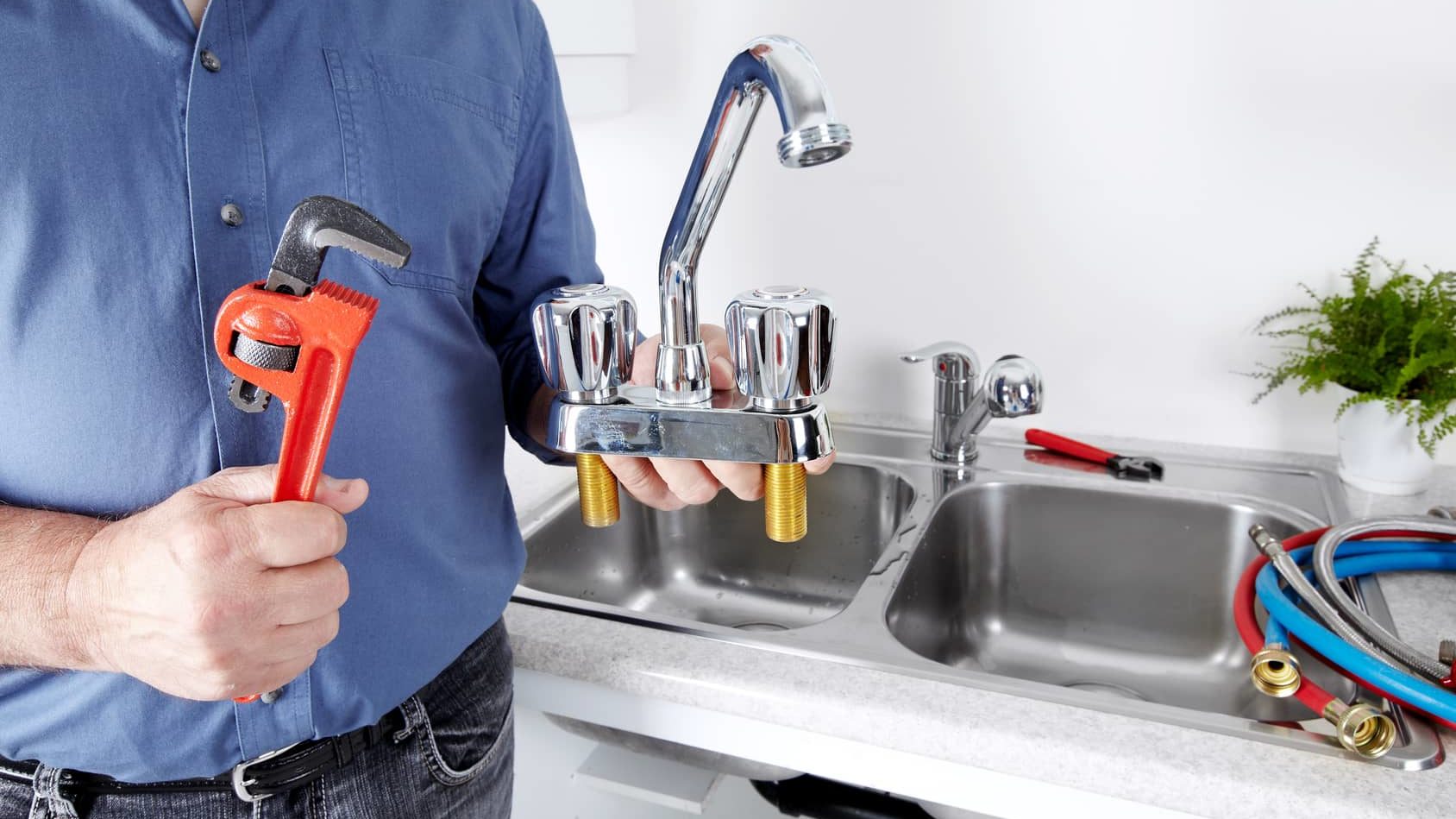
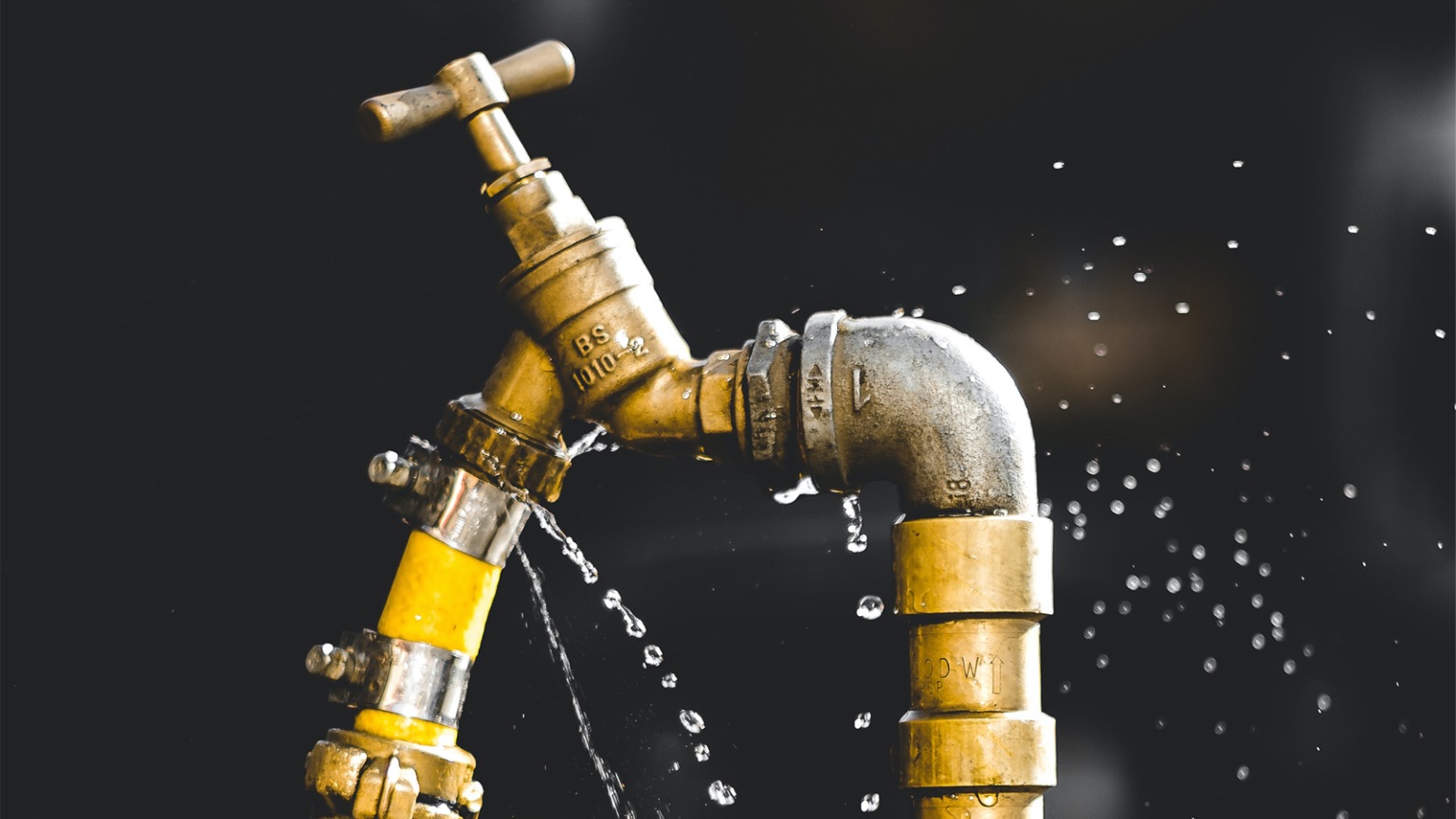
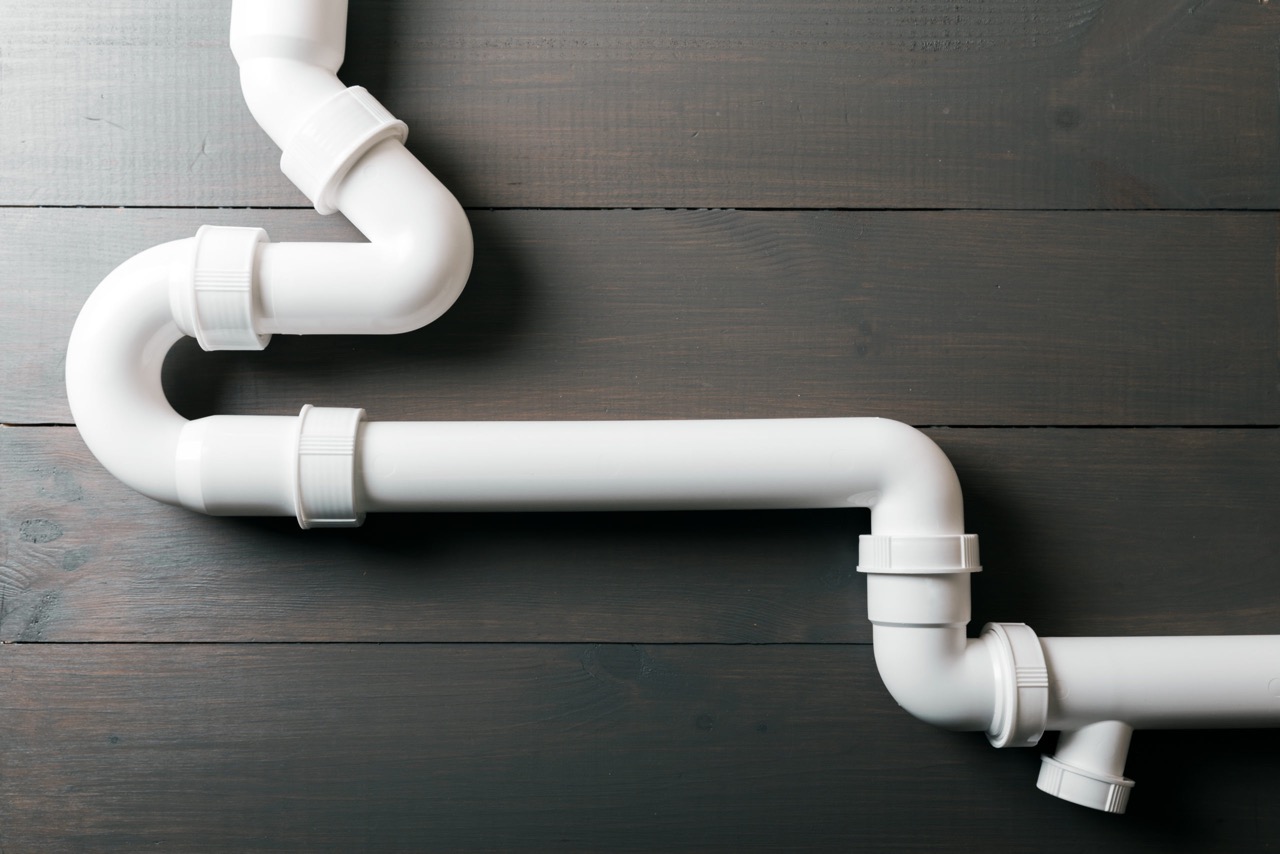
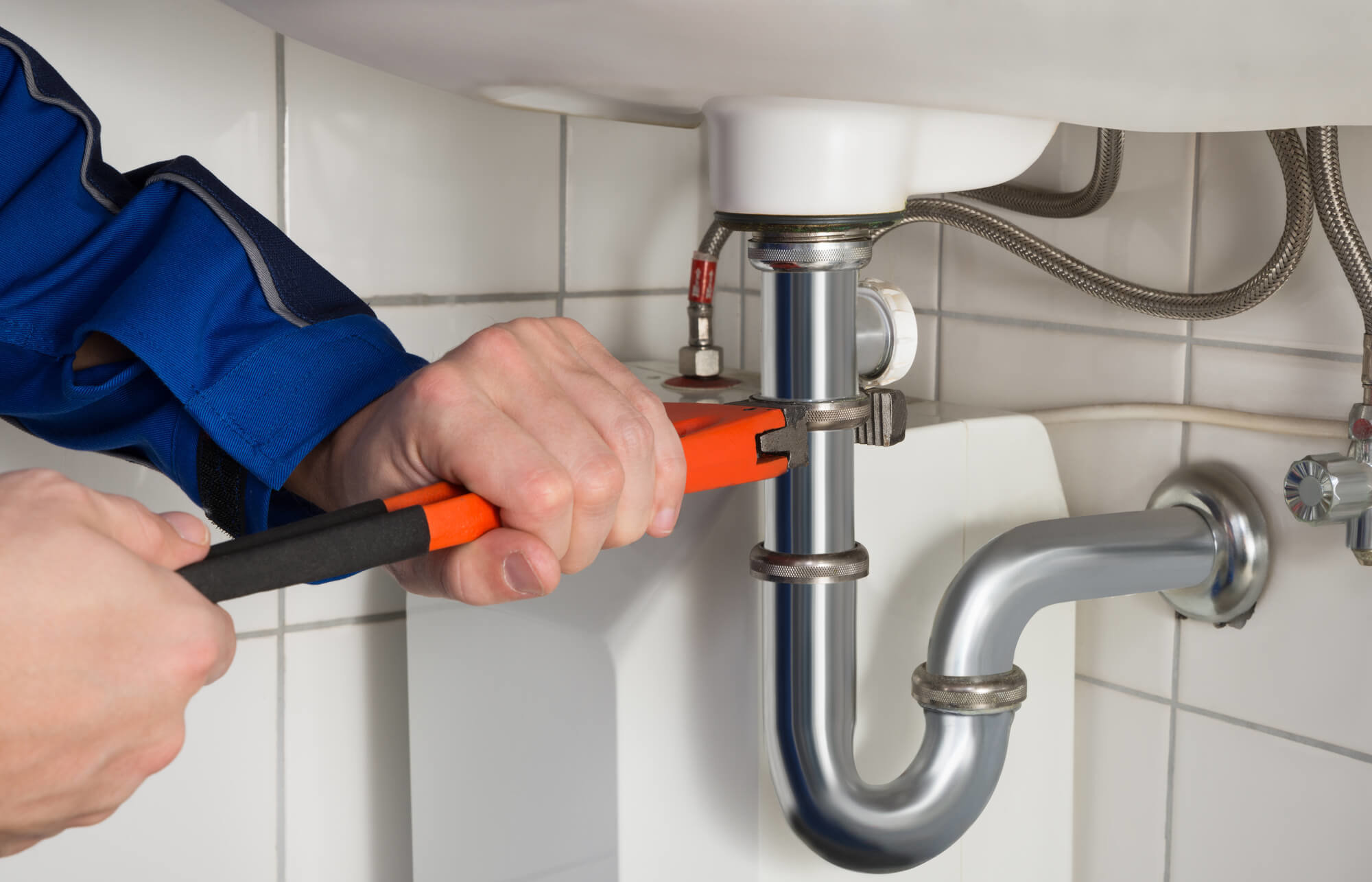
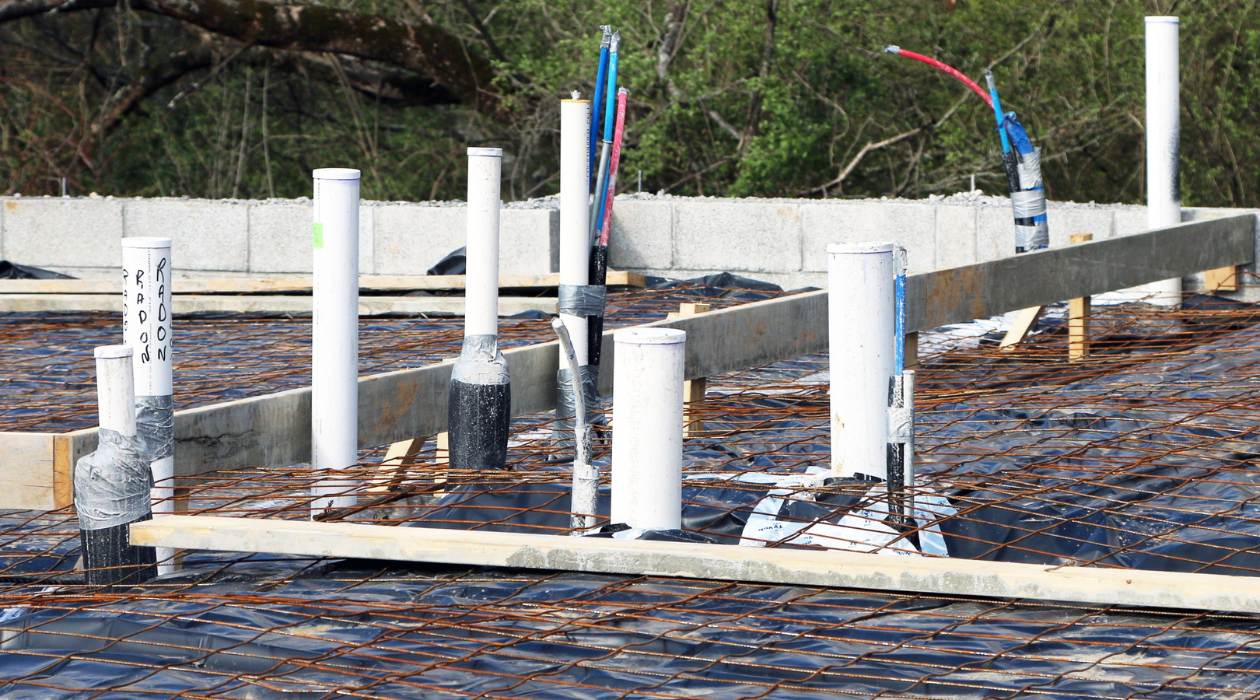
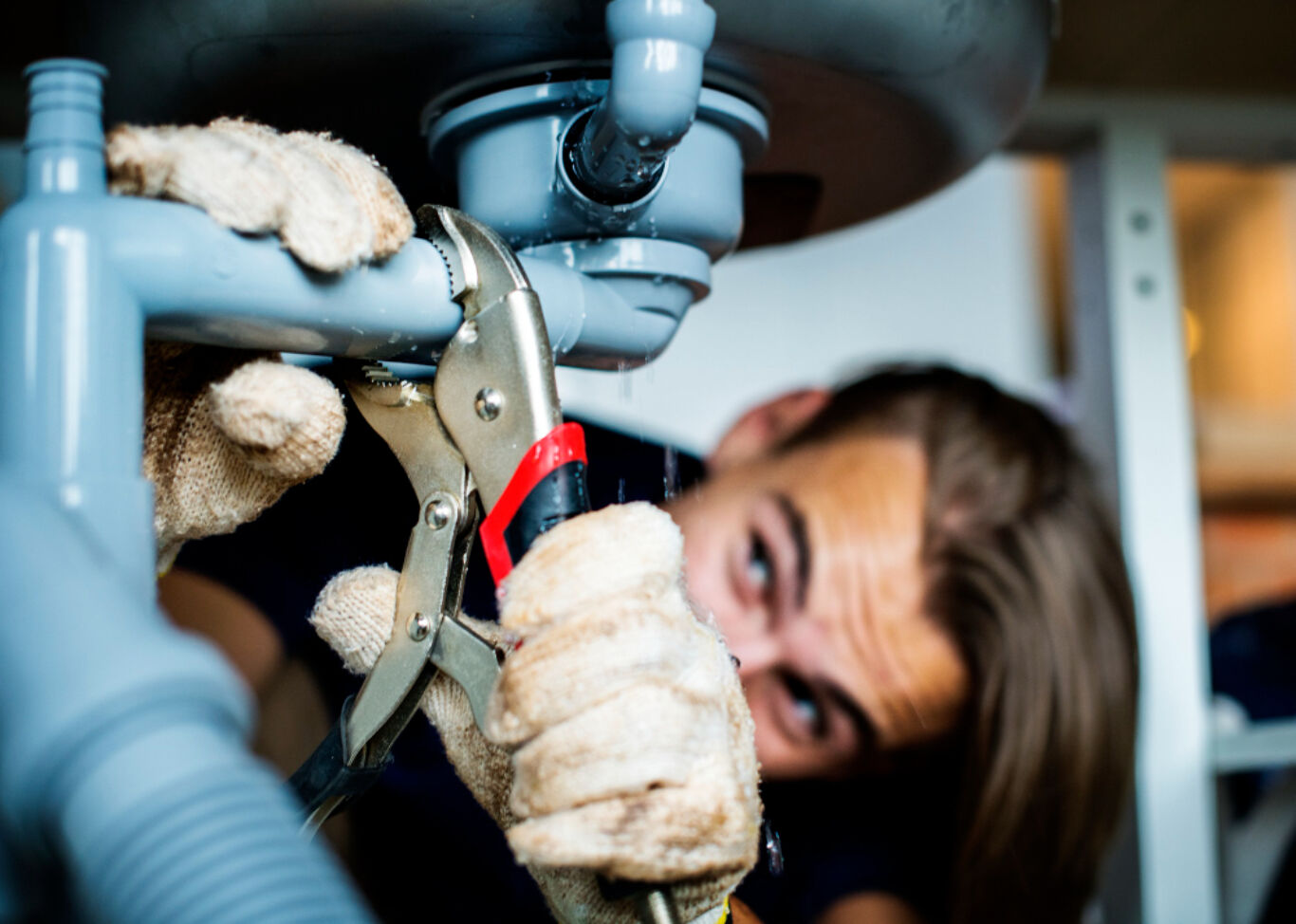
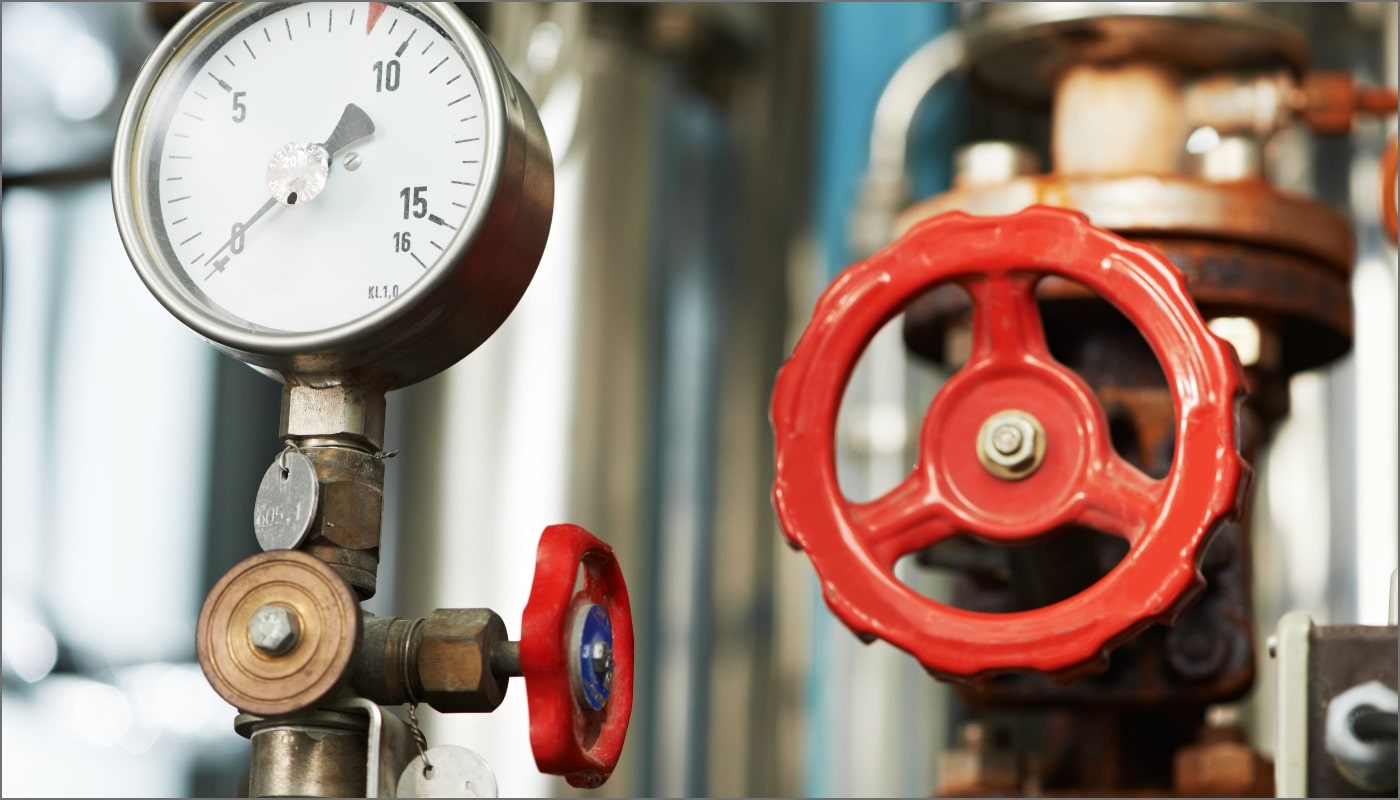

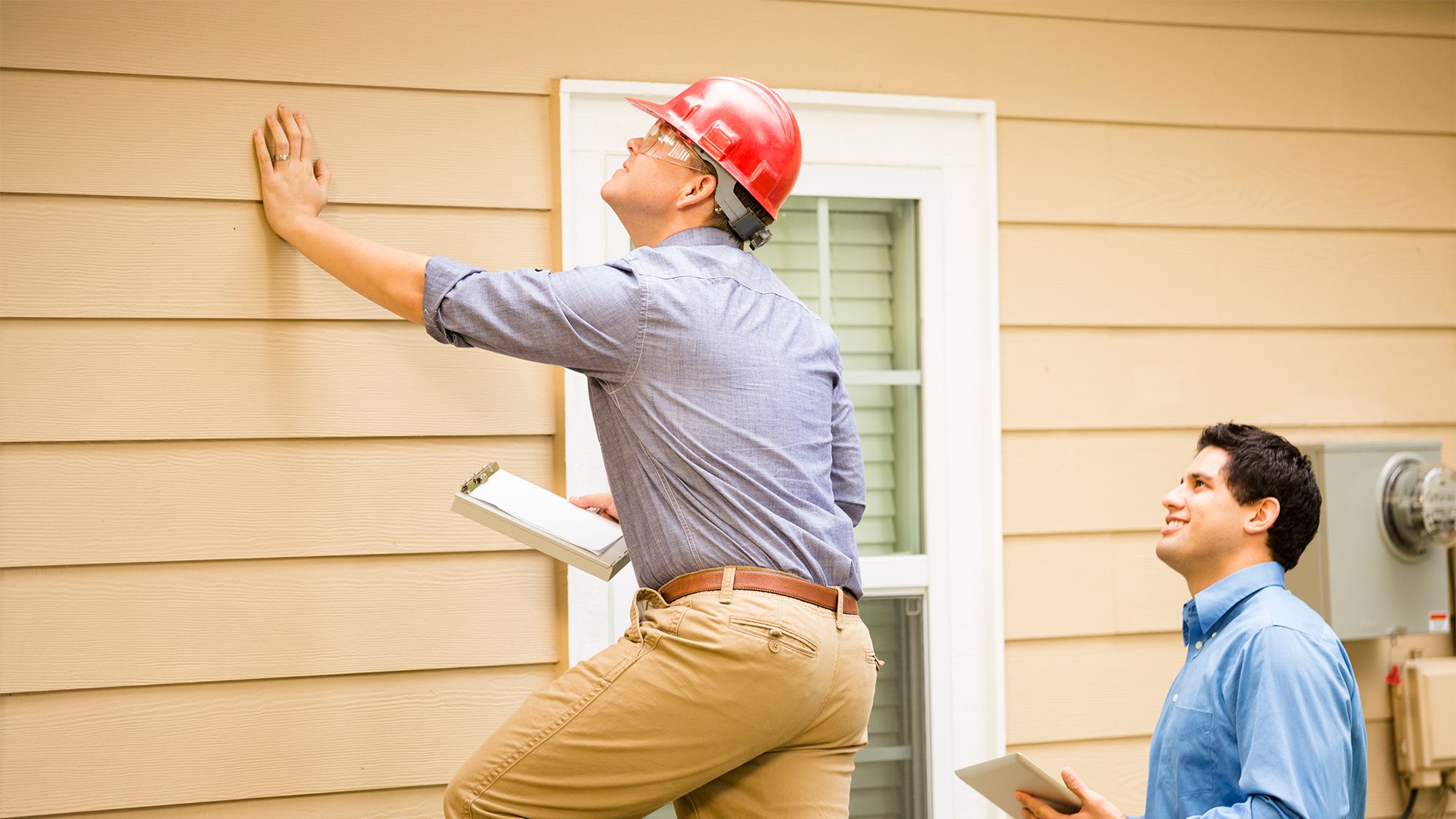
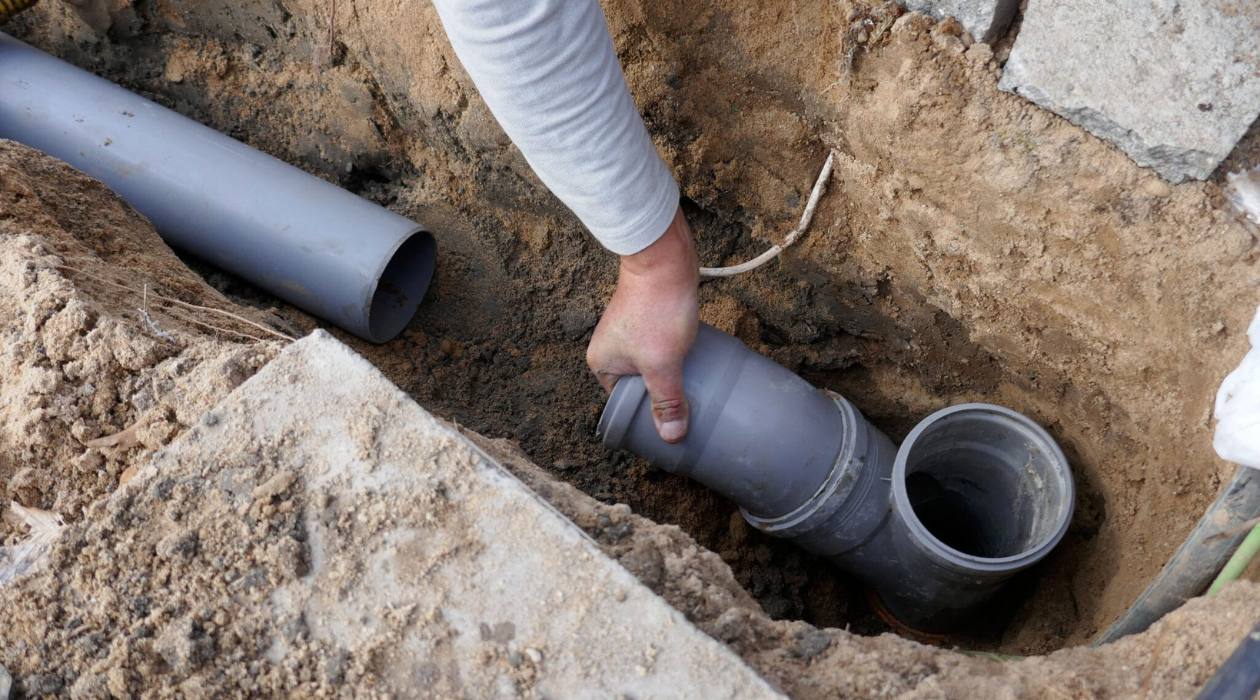
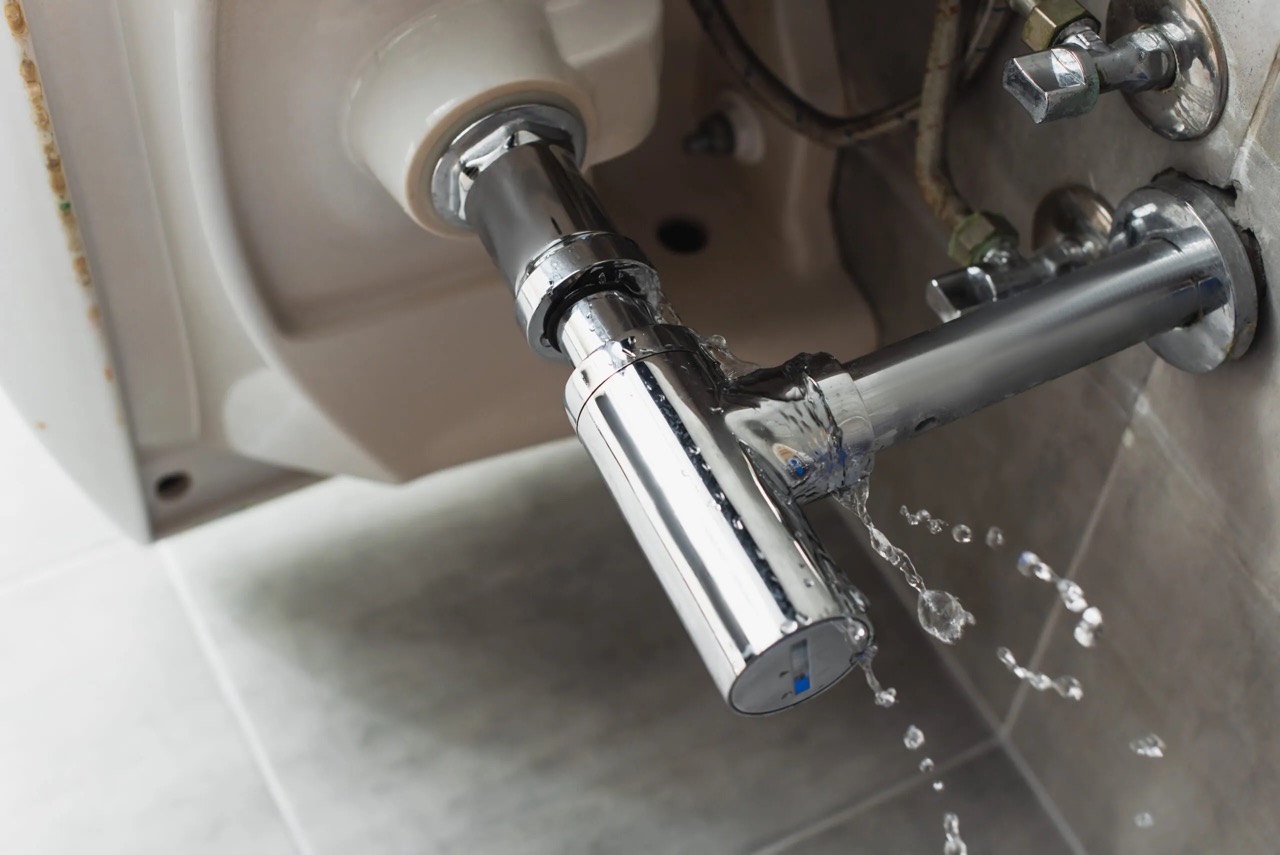
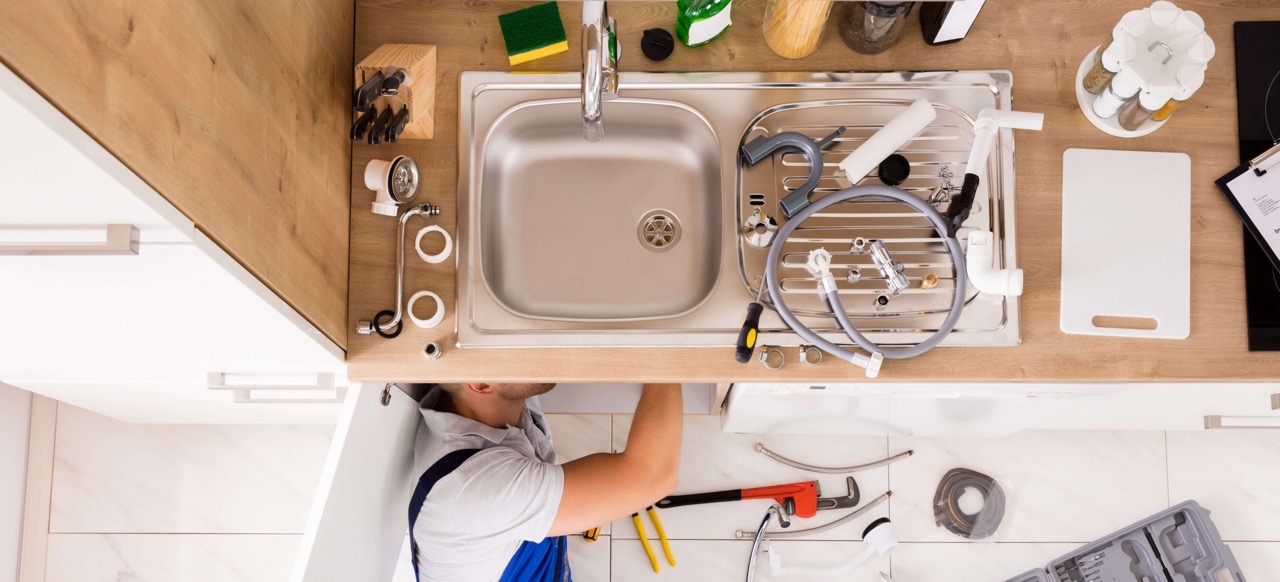
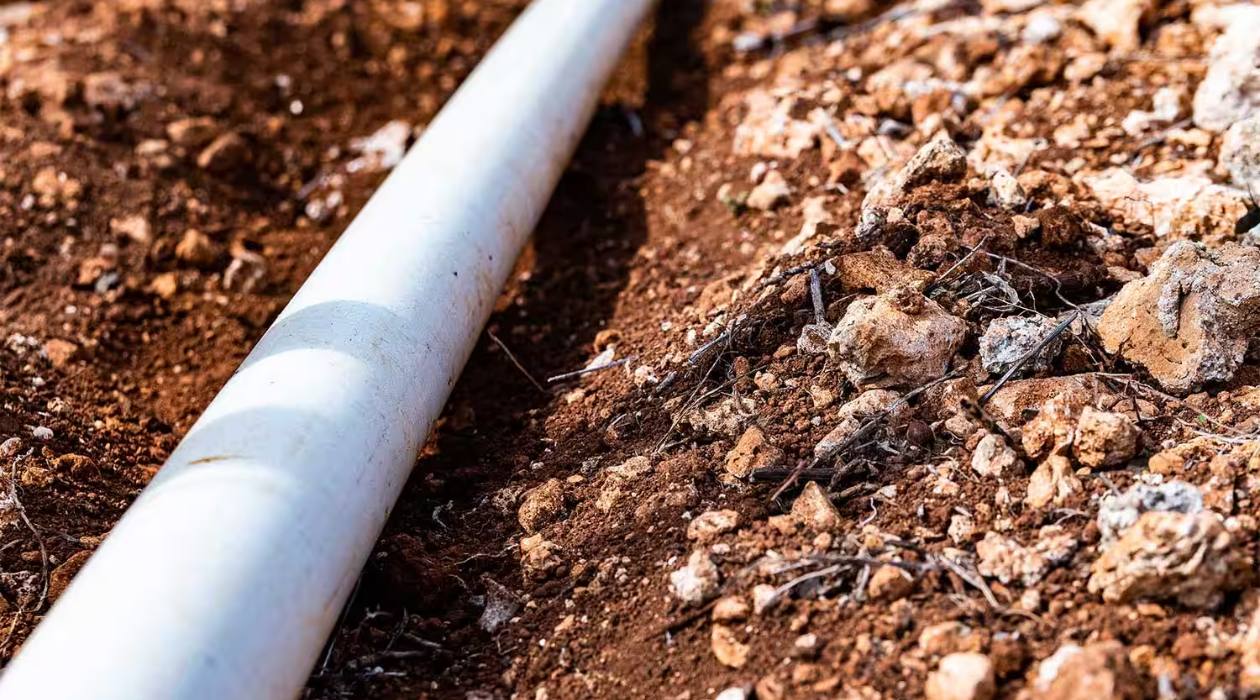
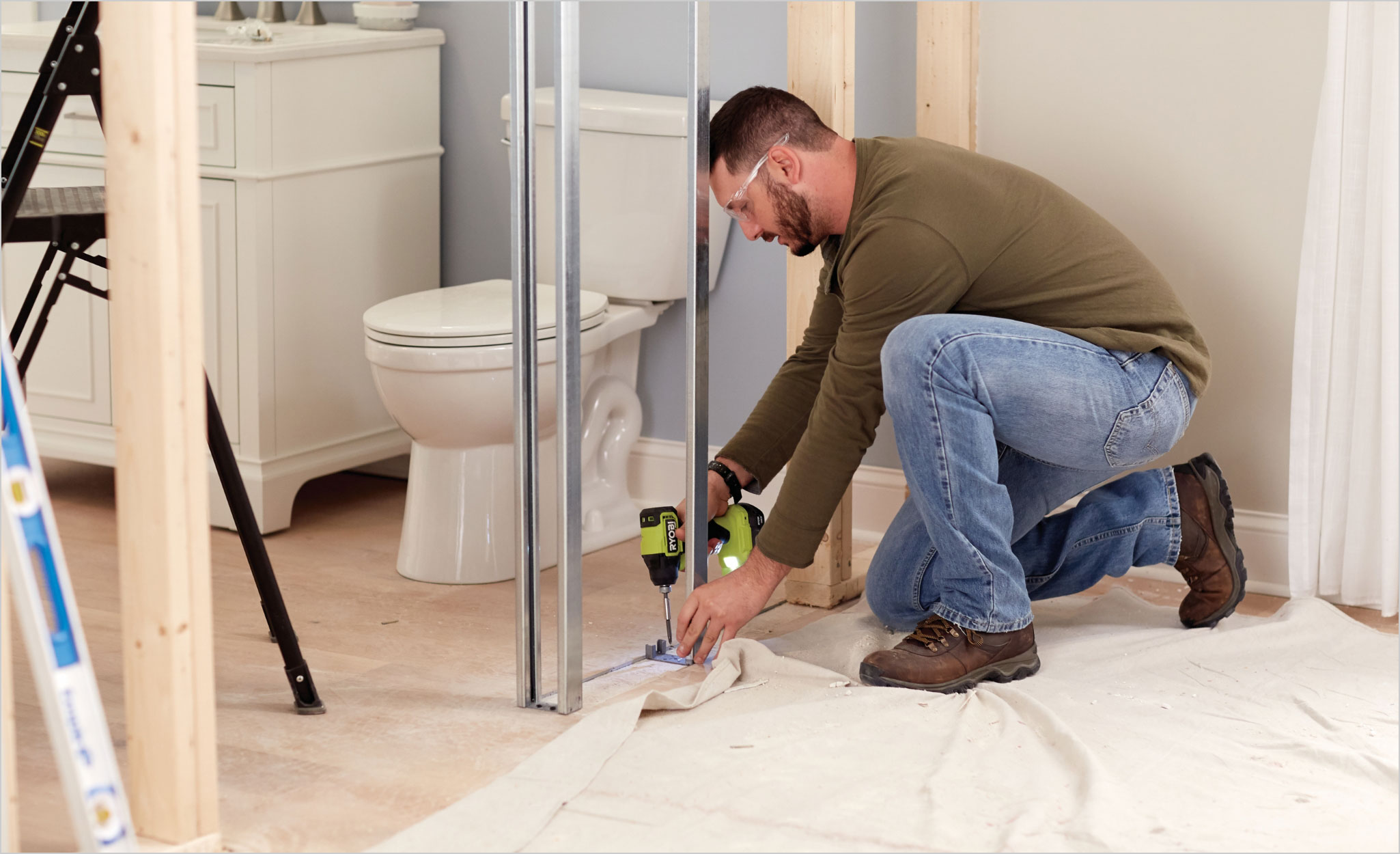

0 thoughts on “How Much Does A Plumbing Inspector Make”